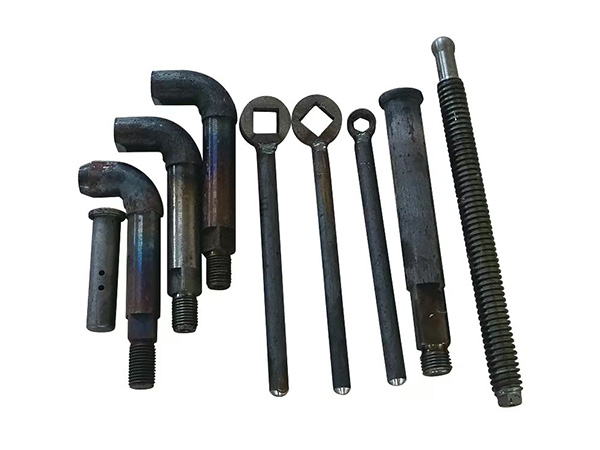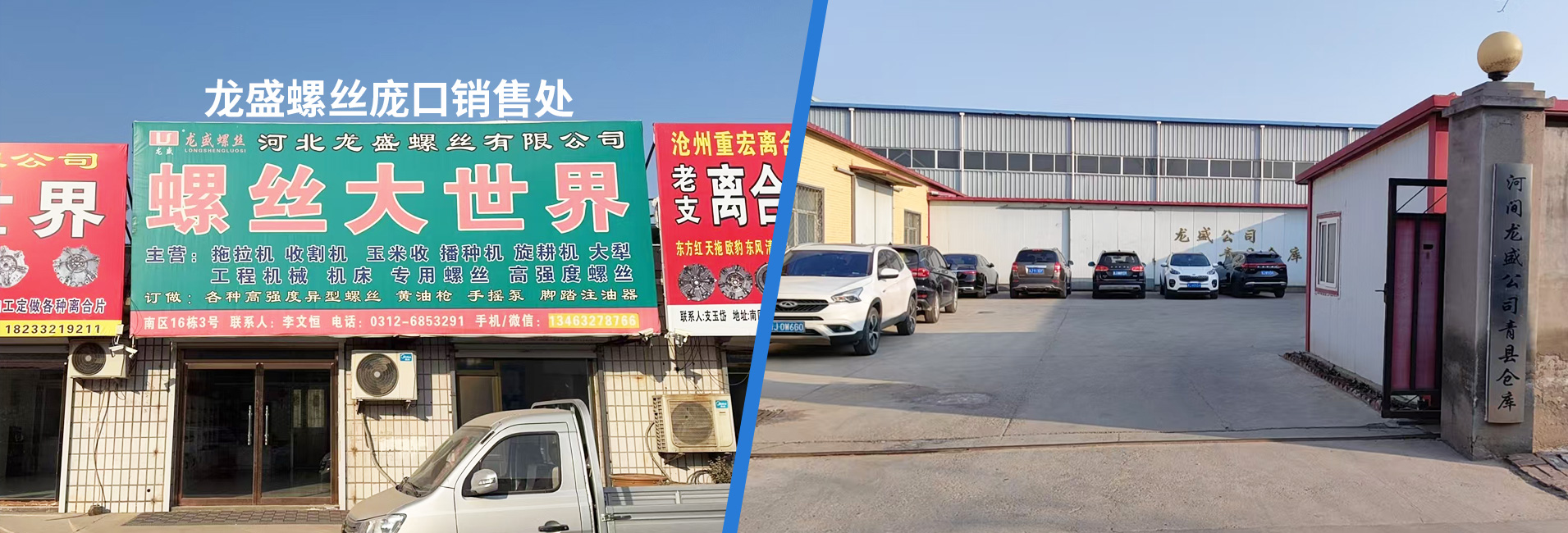Common quality problems and causes in screw production
Author:Longsheng screws Release time:2024-12-21 10:51:39 Number of views:134 order

Hardware fasteners such as drywall screws, fiberboard screws, self tapping screws, and electronic screws are exported to various places. Based on years of production experience, it can be found that various screws are prone to defective products during the manufacturing process (starting and threading). What are the aspects of these defective products? The technician provided us with the following summary and analysis:
1、 Dry wall nails, fiberboard nails, and self tapping nails are prone to eccentricity during the heading process, usually due to poor installation of the secondary punch and improper machine adjustment
2、 Especially for fiberboard nails, there are often crooked heads, mainly due to poor installation and improper machine adjustment
3、 The head of fasteners such as drywall nails and self tapping nails is not round due to improper selection of the punching die or insufficient fullness in the punching process
4、 Electronic screws and other hardware fasteners often have mold cracks, mold ruptures, or improper mold R angles, causing the mold to be scratched by two impacts
5、 Fiber board nails, self tapping screws, and various types of screws with double layered heads are often poorly formed in one punch
6、 Dry wall nails, fiberboard nails, and self tapping nails often have burrs, which are caused by poor punching forming, mainly due to the gap between the punching rod and the die hole being too large or the punching rod being too short
7、 For fiberboard nails, drywall nails, and self tapping nails with cracked corners, attention should be paid to the breakage of the punching needle or the lack of overlap between the secondary punching and the molding process
8、 The head cracking phenomenon of various screws is generally attributed to material problems or lubricating oil
Due to the requirement of tapping speed for wall panel nails (fine teeth) screws, cracks, sharp tails, blunt tails, and broken tails may result in insufficient tapping speed, which is a serious defect. The inspection of hardware fasteners such as drywall nails, fiberboard nails, self tapping screws, and electronic screws can be divided into two aspects: appearance and mechanical properties. The inspection of appearance includes the analysis of the adverse phenomena and causes that are prone to occur during the heading and rolling process. The mechanical property inspection content is as follows:1、 Screw core hardness: standard: HRC24-45、 Our company's product has been tested to be around HRC32-36
2、 Screw surface hardness: standard: HV600-800、 Our company's product has been tested to be around HV650-700
3、 Screw carburizing layer: 0.05-0.18mm
4. Screw bending degree: required to be 150-450
5. Screw salt spray test: generally MIN 48h
6、 Screw torque standard: 21NM, measured to be around 35
Wall panel nail (fine tooth) screw penetration test: load 15KG, speed 2500, penetrate an iron plate with a thickness of 1.0-0.1mm within 1.5 seconds




